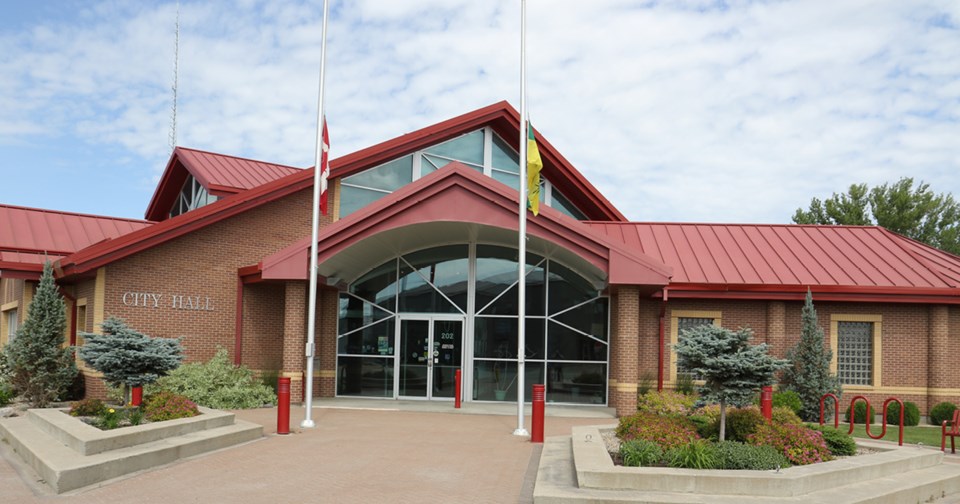MELFORT — The City of Melfort council approved the allocation of surplus funds from the 2019 financial year to dedicated reserves during the last council meeting.
Following the release of the audited 2019 financial statements at the Aug. 10 meeting, $24,918 left as a general operating surplus, which Mayor Rick Lang said is cutting it a little close when it comes to the city’s finances. With only a little under $25,000 difference separating a surplus and a deficit, that’s as close as you want to cut it, he said
According to city policy, the operating surplus will be split between the Special Capital Reserve and the Facility Maintenance Reserve, which was approved at the Sept. 15 council meeting.
Operations of the utility services, landfill, and waste collection all have surpluses this year.
The $106,225 utility operation surplus will go into the Water Rate Stabilization Fund, the $358,424 landfill operations surplus will be allocated to the Waste Disposal Site Reserve, and the $106,557 waste collection operation surplus will be put into the Waste Collection/Equipment reserve.
As of the meeting on Sept. 15, Lang said the city has begun saving for a new cell at the landfill while possibly decommissioning the old one, which will be paid for using the Waste Disposal Site Reserve when the time comes for the project to be underway.
“Because we've had no deficits in the waste collection operations we've decided that we can funnel that to the waste disposal site and build that up to the level that it needs to be.”
With around 50 water main breaks taking place across the city last year, Lang said there is a deficit in the Water Rate Stabilization Fund but the surplus will cover the majority of it. The rest of the deficit will be covered with next year’s surplus.
With $17 million in the city’s infrastructure deficit; city infrastructure that will eventually need replacement and repair over time, having strong reserves is going to have an impact on future projects. While the administrative staff have been working hard to apply for government funding for the landfill project, what they have heard is not encouraging, Lang said, so they will have to have the funds ready when the project is ready to go.
City administrators are now starting their work on the Capital Budget Plan for 2021 and will be bringing projects forward for council approval sometime in October or November. Projects coming forward will be based on the needs of the city and the available funds the city is able to put towards the projects.
Council also approved the use of credit cards at the city hall. City staff will now be accepting credit cards when residents come to pay any type of bill at the city hall, from water to property tax. However, this will come with a service charge of 1.5 per cent, which the council approved at their Sept. 14 meeting.
This fee will be the minimal cost for the convenience of using a credit card at city hall, Lang said, with the credit card companies charging a 1.42 per cent service charge for the city, while the 0.08 per cent will go to pay city administrators.



